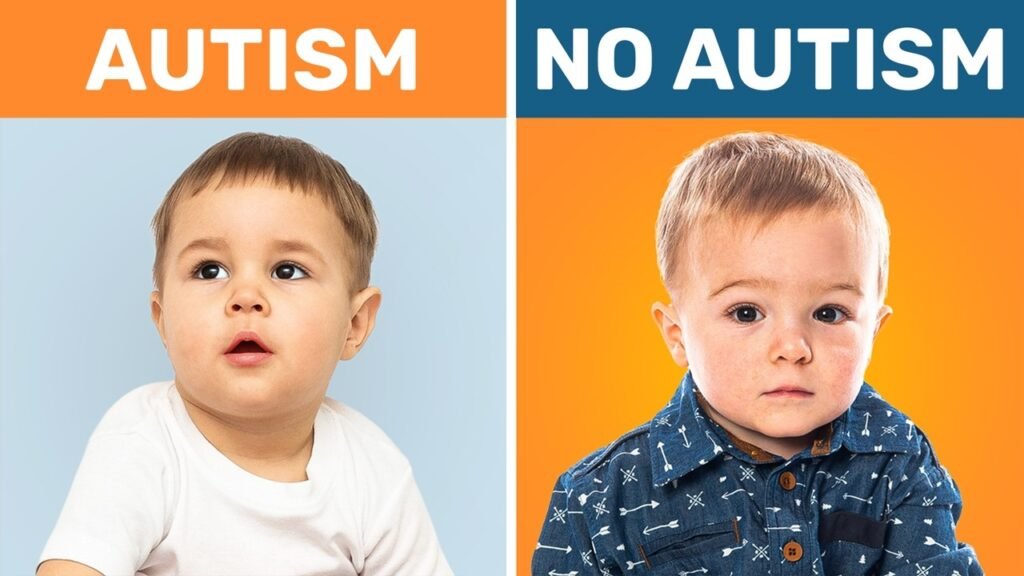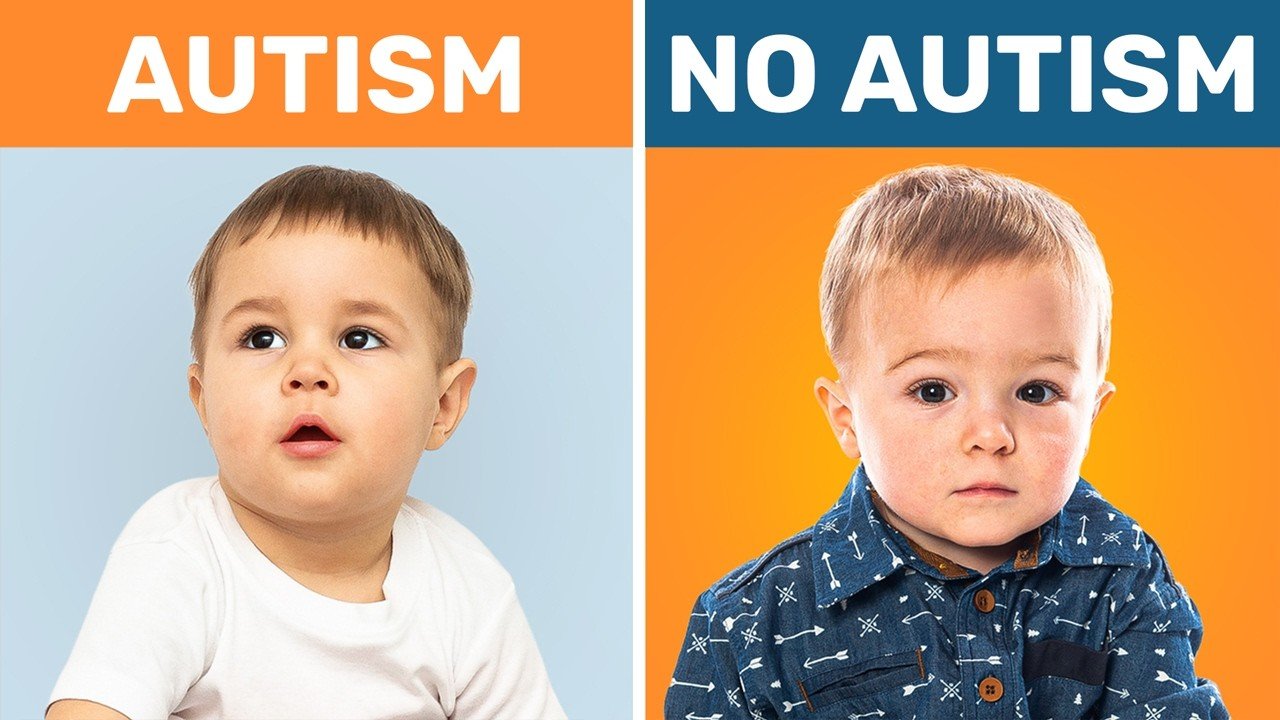In this informative video by Emma Hubbard, you will explore 10 subtle signs of autism that many parents may overlook. From eye contact during play to sharing excitement, you’ll learn to identify these signs and understand their significance. Remember, detecting these signs does not automatically mean your child has autism, but it’s essential to consult a professional for guidance and support. Early intervention can truly make a difference in your child’s life, so being aware of these subtle signs is crucial. Follow Emma on Instagram for more helpful content on toddler development and autism awareness.
As you watch the video, Emma will demonstrate simple tests like the “stop and watch” game with a ball or car, and provide insights on pointing, gestures, language development, and pretend play. While this video is not meant for diagnosis, it serves as a valuable tool to prompt a conversation with your child’s doctor or health professional. Remember, your child’s well-being is a top priority, so being proactive and informed can lead to positive outcomes. Trust your instincts and seek guidance when needed, as early detection can lead to better outcomes and support for your child.
Lack of Eye Contact
When it comes to children, eye contact can be an important indicator of social and developmental norms. Not making eye contact during play can be a subtle sign of autism that often goes unnoticed. You may observe that your child avoids looking directly at you while engaging in activities or games. Additionally, avoiding eye contact during conversations can also be a red flag. Children with autism may find it challenging to maintain eye contact when communicating, which can affect their social interactions.
Difficulty with Social Interactions
Struggling to understand social cues is a common trait among individuals with autism. You might notice that your child has difficulty in interpreting non-verbal cues like facial expressions, gestures, or tone of voice. This can lead to challenges in forming relationships with peers as they may struggle to connect and engage with others at the same level as their peers.
Repetitive Behaviors
Children with autism often engage in repetitive movements or actions as a way to self-regulate or cope with their environment. These behaviors can manifest in various forms such as hand-flapping, rocking, or repeating certain phrases. Additionally, they may have strict routines that must be followed, and any deviation from these routines can cause distress or anxiety.

Delayed Language Development
Difficulty in expressing needs or desires verbally is another subtle sign of autism. Children with autism may have a limited vocabulary or experience delayed speech development. They may find it challenging to communicate effectively, which can impact their ability to interact with others and convey their thoughts or emotions.
Sensitivity to Sensory Stimuli
Children with autism often exhibit heightened sensitivity to sensory stimuli. This can manifest as an overreaction to loud noises or bright lights, leading to distress or discomfort. They may also avoid certain textures or materials due to sensory issues, which can impact their daily routines and activities.
Lack of Pretend Play
Imaginative or pretend play is a crucial aspect of a child’s social and cognitive development. However, children with autism may struggle to engage in such activities. You may notice that your child does not participate in imaginative play scenarios or has difficulty understanding the concept of make-believe, which can affect their social interactions and creativity.
Unusual Attachment to Objects
Children with autism may develop unusual attachments to specific objects or toys. They may fixate on these objects and display intense emotional reactions if they are moved or changed. This attachment can provide them with comfort and security, but it may also interfere with their ability to engage in social or interactive play.
Difficulties with Transitions
Children with autism often struggle with transitions, whether it is a change in routine or environment. They may exhibit resistance to changes and find it challenging to adapt to new situations or settings. This difficulty with transitions can lead to frustration, anxiety, or behavioral challenges.
Intense Focus on Specific Topics
Individuals with autism may show intense focus or deep knowledge in a narrow range of topics. This hyperfocus can be beneficial in certain contexts, such as academics or hobbies, but it can also make it challenging for them to shift their focus to other subjects. They may struggle to engage in conversations or activities that do not align with their specific interests.
Challenges in Motor Skills
Difficulties with motor skills are common in children with autism. You may observe clumsiness or a lack of coordination in their movements. They may find it challenging to master physical activities or sports, which can impact their overall participation in physical play or recreational activities.
In conclusion, being aware of these subtle signs of autism can empower you to recognize early indicators and seek appropriate interventions for your child. It is essential to consult with a healthcare professional if you have concerns about your child’s development or behavior. Early intervention and support can make a significant difference in helping children with autism thrive and reach their full potential. Remember, every child is unique, and understanding their individual needs and strengths is key to providing them with the necessary support and resources.

